Understanding Organic Tea: What is It and Why Choose It?
Did you know that your favorite cup of tea could be a hidden source of harmful chemicals? As Olivia Green, a passionate advocate for non-toxic living, I’ve embarked on a quest to dispel such worries. With organic tea, you’re investing in not only your health but also our planet’s sustainability.
In this guide, we’ll explore what sets organic tea apart. You’ll learn how it’s cultivated, how it tastes, and why it’s a healthier, tastier choice.
If you’re ready to switch to a safer, more responsible cup, let’s dive in! Discover how organic tea can elevate your tea time ritual and make a positive impact on your well-being and our environment.
What Is Organic Tea?
Defining Organic Tea: The Basics
Organic tea embodies a pure and natural approach to tea cultivation, shunning synthetic fertilizers, pesticides, and harmful chemicals in both growth and processing stages. When I first learned about organic tea farming, I was fascinated by how it embraces methods like crop rotation, green manure, composting, and utilizing natural predators to sustain soil health and control pests. Avoiding synthetic chemicals, this farming method seeks to nurture the well-being of the soil, ecosystems, and everyone involved.
One summer, visiting an organic tea farm, I witnessed the tangible difference that natural farming practices make. They avoid chemical pesticides, sometimes resorting to minimal and all-natural alternatives only when absolutely necessary. The goal is to foster ecological balance and biodiversity, paving the way for sustainable agriculture that prioritizes environmental health and our well-being.
How Organic Tea is Certified
Certification of organic tea is a meticulous process conducted by esteemed third-party organizations like CCOF, QAI, USDA Organic, EU Organic, and JAS Organic. These bodies carry out thorough inspections to ensure tea producers maintain the stringent standards of chemical-free cultivation. I remember diving into this certification process, realizing that it scrutinizes every aspect of tea production—from soil and water quality to pest management and harvesting techniques.
Undergoing these rigorous inspections, tea producers affirm that all ingredients and processes comply with organic standards. This certification is a mark of authenticity, assuring you that the tea you consume is genuinely organic, free from synthetic chemicals and harmful residues. This not only boosts your confidence but also connects you with a product that supports ecological harmony and your personal health.
The Health and Environmental Benefits of Organic Tea
Organic tea offers a fusion of health perks and sustainable farming practices that make it a standout choice. From enhancing mental clarity to promoting ecological balance, organic tea is a holistic ally for both personal and environmental wellness.
Health Boosting Properties of Organic Tea
Organic tea is prized for its natural health benefits, largely attributed to its caffeine content and high levels of antioxidants. Unlike conventional tea, organic tea is grown without synthetic pesticides, minimizing the risk of chemical exposure. This naturally grown tea is believed to enhance mental clarity, making it easier to focus and stay alert.
Additionally, the antioxidants in organic tea are thought to improve digestion, helping the body more efficiently break down food and absorb nutrients. Drinking organic tea is also seen as a great way to reduce stress. The calming properties of certain antioxidants and natural compounds found in the tea leaves can help to lower stress levels, offering a moment of tranquility in your daily routine.
Furthermore, the increased immunity attributed to organic tea consumption stems from its high antioxidant content, which helps to fight off free radicals and support the body’s natural defense mechanisms. Overall, the health benefits of organic tea are numerous, contributing to a holistic approach to wellbeing.
Organic Tea and Sustainability: How It Supports The Environment
Organic tea farming is a model of sustainability, employing agricultural practices that promote biodiversity and ecosystem health.
By avoiding synthetic chemicals, organic farming maintains soil health, ensuring that the land remains fertile for future crops. This method prevents chemical pollution, protecting not only the soil but also the surrounding water bodies from contamination and harmful algal blooms.
In addition, organic tea farming supports sustainable agriculture through techniques such as crop rotation, composting, and the use of natural predators for pest control. Curious about household products? Find out is Air Wick safe for cats by reading our comprehensive guide.
These practices contribute to the overall health of the ecosystem, creating a balanced environment where both flora and fauna can thrive.
By choosing organic tea, you are supporting a farming system that values ecological balance and strives for long-term sustainability. This commitment to environmental health is another compelling reason to consider what is organic tea and why it matters.
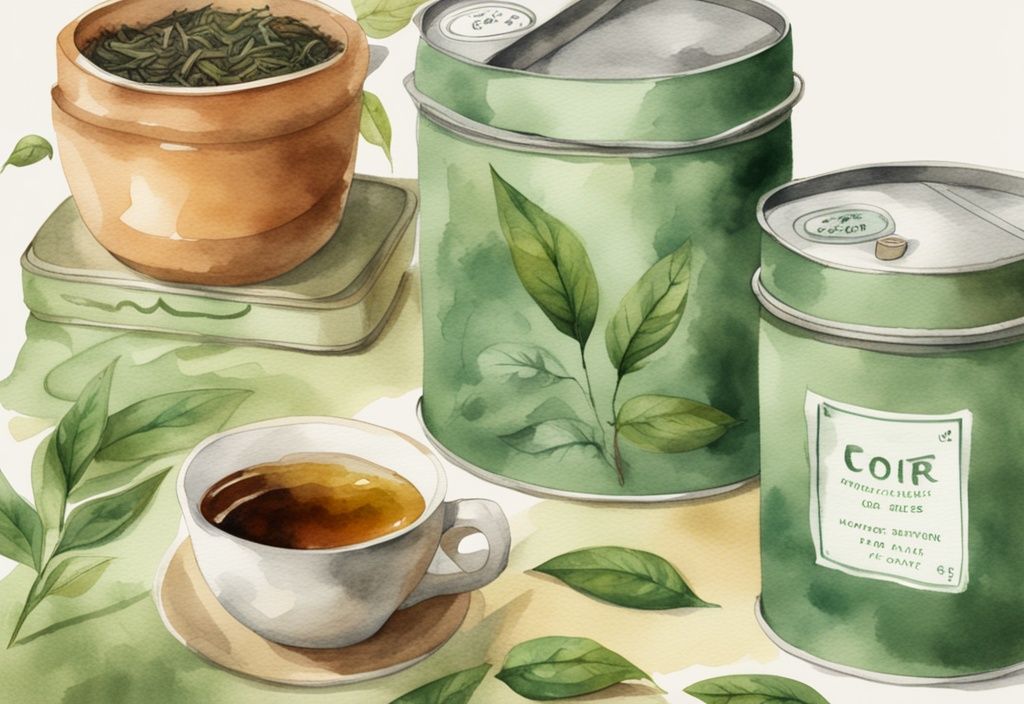
Organic Tea vs Non-Organic Tea: Comparing The Differences
Understanding the distinctions between organic and non-organic tea goes beyond just the label. From health implications to taste, and cost considerations, let’s dive into what makes organic tea stand out.
Health Risks Associated With Non-Organic Tea
Non-organic tea often contains synthetic pesticides, which pose significant health risks. These chemicals can leave harmful residues on the tea leaves, potentially affecting their quality and safety. The regular consumption of pesticide-laden tea may lead to adverse effects on human health, including increased risks of chronic diseases due to prolonged exposure to toxic substances.
Furthermore, the use of chemical fertilizers and pesticides in non-organic tea farming negatively impacts the environment, contributing to soil degradation, water contamination, and loss of biodiversity. This dual impact—on both personal health and our planet—paints a concerning picture for non-organic tea.
Analyzing Taste and Nutritional Variations
Organic tea is celebrated for its richer, more distinct flavor, which stems from its natural growing environment. Unlike non-organic tea, which may be altered by synthetic additives, organic tea’s flavor profile remains pure and robust.
Additionally, the absence of synthetic preservatives in organic tea often results in enhanced nutritional content. This means that consumers not only enjoy a better-tasting beverage but also benefit from higher levels of natural antioxidants and other beneficial compounds. These nutrients contribute to overall health, providing a more wholesome tea-drinking experience.
Cost and Quality: What’s The Real Deal?
While organic teas are generally associated with higher costs, this premium price reflects their superior quality and the ethical practices involved in their production. Organic farming is labor-intensive and requires strict adherence to certification standards, ensuring that every step of the cultivation and processing abides by organic principles.
This meticulous care results in a higher quality product that is free from synthetic chemicals. Consumers who choose organic tea are investing in a product that supports environmental sustainability and promotes fair trade practices. Therefore, the higher cost is often seen as justified, given the health and environmental benefits.
Organic Tea Production: A Step by Step Process
Growing Organic Tea: Practices and Techniques
Organic tea cultivation emphasizes sustainability through innovative agricultural practices. Important methods include crop rotation and the use of green manure to enhance soil fertility naturally. These techniques avoid synthetic substances, thereby reducing the risk of contaminating ecosystems. Organic farms focus on maintaining ecological balance by fostering biodiversity.
This leads to healthier soil, which in turn supports robust tea plants capable of yielding high-quality leaves.
Pest Control in Organic Tea Farming
Effective pest management in organic tea farming relies predominantly on natural predators and biological controls. Instead of synthetic pesticides, farmers introduce beneficial insects that prey on harmful pests. Minimal natural pesticides may be used sparingly to bolster these efforts.
Additionally, the intrinsic resistance and pest prevention properties of tea leaves play a vital role, ensuring that the crop remains healthy without resorting to chemicals.
From Harvest to Your Cup: Processing of Organic Tea
Once the organic tea leaves are harvested, they are subjected to a series of natural processing steps. These include withering, rolling, fermentation, and drying. Each stage is carefully monitored to prevent chemical contamination, thereby preserving the natural qualities of the tea leaves.
This meticulous process ensures that the tea retains its rich flavor and beneficial properties, providing a pure and unadulterated beverage from harvest to your cup.
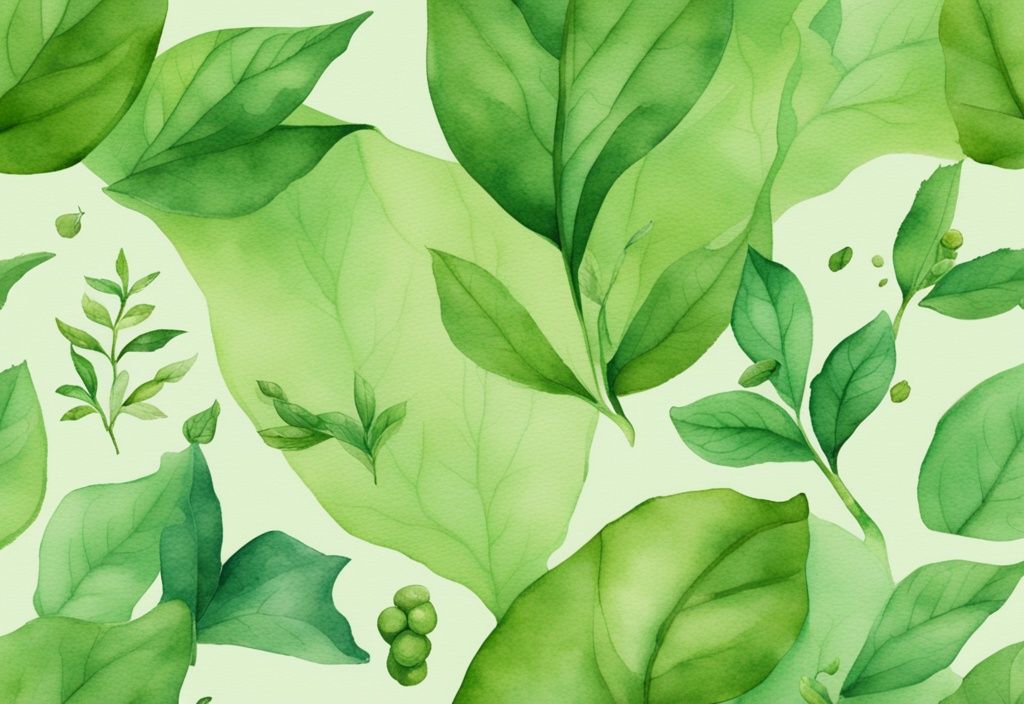
How to Choose and Store Organic Tea
Picking High-Quality Organic Tea: What to Look Out For
When it comes to selecting the best organic tea, I’ve found that loose leaf varieties are a game-changer. They often provide a more robust flavor and superior quality compared to tea bags, which might contain lower-grade leaves.
One essential aspect to consider is the certification. Always opt for tea certified organic by reputable organizations like USDA Organic, EU Organic, CCOF, QAI, or JAS Organic. These certifications ensure that the tea is grown and processed without harmful synthetic fertilizers or pesticides, adhering to strict organic standards.
Another crucial factor is fair trade labels on the packaging. Fair trade certification is your assurance that the tea is sourced through ethical farming practices, promoting fair wages and decent working conditions for farmers. Supporting fair trade not only upholds sustainability but also guarantees that your tea is produced under humane conditions.
The Proper Way to Store Organic Tea
To preserve the freshness and flavor of your organic tea, it’s important to store it correctly. I recommend keeping your tea in a dark, dry, and cool place. Exposure to light, humidity, and high temperatures can severely degrade the quality of the tea leaves.
Using airtight containers is a must for maintaining the tea’s integrity. Airtight containers block moisture and light, both of which can spoil the tea. Opt for containers that are opaque and made from materials like tin, ceramic, or dark glass, as they are effective at blocking light. This kind of storage ensures that your tea retains its natural aromas and flavors, giving you the best possible tea-drinking experience.
By following these guidelines for choosing and storing organic tea, you can fully enjoy its rich, delightful flavors while supporting sustainable and ethical practices.
Making the Perfect Brew of Organic Tea
Brewing the perfect cup of organic tea is an art that begins with the quality of water you use and extends to the precise controls of temperature and steeping time. Each step in this process is crucial for unlocking the full potential of organic tea, ensuring you capture its exquisite flavors and maximize its health benefits.
The Role of Water Quality in Brewing Tea
The quality of water plays a crucial role in determining the final flavor and quality of your tea. When brewing organic tea, it’s essential to use pure, filtered water. Impurities found in tap water—such as chlorine, heavy metals, or other contaminants—can significantly alter the taste. Filtered water helps maintain the integrity of the tea’s natural flavors and ensures a clean, fresh-tasting brew.
Additionally, using high-quality water can enhance the health benefits of what is organic tea, allowing you to fully appreciate the natural antioxidants and beneficial compounds present in the leaves.
Inputs for the Best Brew: Temperature and Steeping Time
Achieving the perfect brew of organic tea requires attention to both the water temperature and steeping time, specific to the type of tea you are preparing.
Green tea, for instance, should be steeped at a lower temperature—around 160-180°F (71-82°C)—for 2 to 3 minutes. This delicate process preserves the tea’s subtle flavors and prevents bitterness.
Black tea, on the other hand, can handle higher temperatures—roughly 200-212°F (93-100°C)—and should be steeped for 3 to 5 minutes. This method extracts the robust flavors and allows a fuller, richer taste to develop.
By fine-tuning these variables, you ensure that not only the flavors but also the nutritional benefits of what is organic tea are maximized.
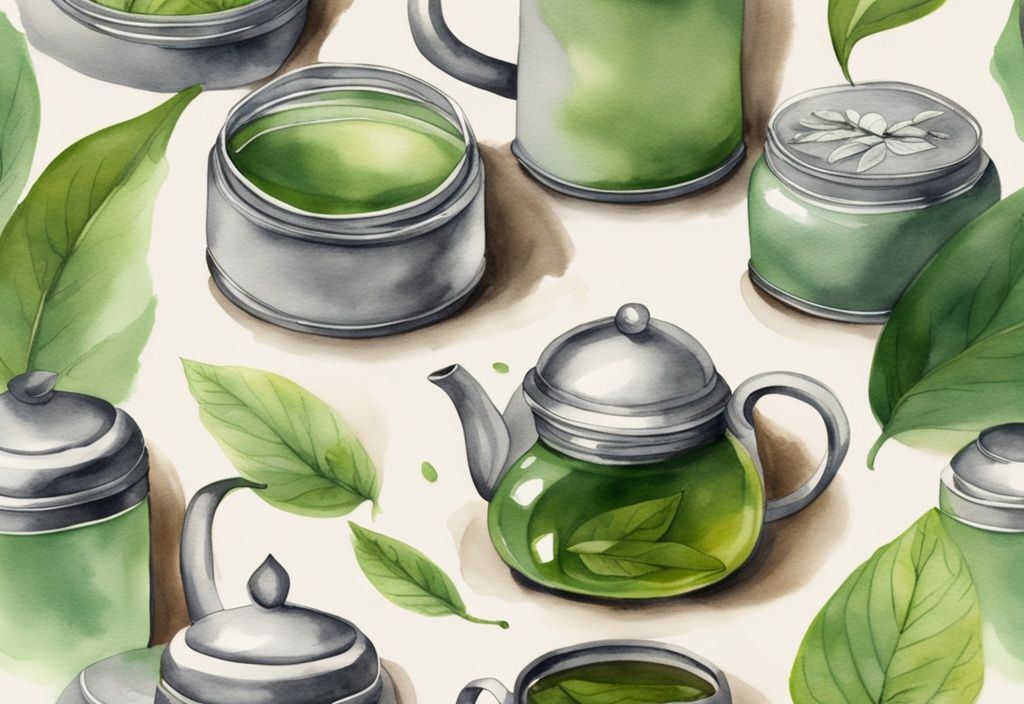
Understanding the art of brewing extends beyond just the temperature and time; it’s about honoring the natural qualities of organic tea. By using pure water and adhering to correct brewing practices, you can enjoy a cup of tea that reflects the hard work and ecological responsibility that goes into producing what is organic tea.
Final Thoughts: Why Organic Tea Matters
Why You Should Consider Switching to Organic Tea
Organic tea offers more than just flavor; it represents a healthier, more conscious choice for both you and the environment. By avoiding synthetic chemicals, organic tea reduces your exposure to harmful substances, which can contribute to better overall health.
The natural antioxidants in organic tea support various health benefits, including improved mental clarity, digestion, stress reduction, and enhanced immunity.
Beyond personal health, choosing organic tea also means supporting farming methods that are beneficial to the planet. Organic farming practices promote soil health, reduce waterway contamination, and encourage biodiversity, as detailed in the resources provided by the Organic Trade Association at https://ota.com/resources/environmental-benefits-organic. These methods contribute to a more sustainable agricultural system, emphasizing ecological balance and the preservation of natural resources.
Additionally, many find that organic tea has a more genuine, natural flavor. The absence of synthetic additives and preservatives allows the pure essence of the tea leaves to shine, providing a richer and more satisfying taste experience.
Ethical Aspects of Organic Tea Production
The ethical implications of choosing organic tea extend beyond health and environmental benefits. Many organic teas carry fair trade certifications, guaranteeing that the farmers receive fair wages and work under humane conditions. This commitment to fair trade principles ensures that your purchase supports the livelihood of farmers and their communities, fostering social equity.
Organic tea production also promotes ethical farming practices by avoiding exploitative labor practices and ensuring a fair distribution of benefits. By choosing organic tea, you are endorsing a more equitable industry that values not just product quality but also the well-being of those who cultivate it. This ethical approach contributes to global sustainability efforts and a more balanced, fair world for all stakeholders involved in tea production. For those concerned about personal care products, you might be wondering, “does Herbal Essences cause hair loss?” Understanding the impact of what we consume and use daily is crucial for making informed choices.
Frequently Asked Questions
What Exactly is Organic Tea?
Organic tea, a staple in my daily routine, is grown and processed without synthetic pesticides, fertilizers, or harmful chemicals. It’s certified by third-party organizations to ensure it meets stringent organic standards. This means that every sip you take is cultivated through natural and eco-friendly practices.
What Sets Organic Tea Apart from Non-Organic Tea?
What truly distinguishes organic tea from its non-organic counterpart is its purity. Being free from synthetic chemicals, organic tea offers potential health benefits and promotes environmental sustainability. It supports ethical farming practices, ensuring the integrity and quality of the tea are maintained. Every cup feels like a small victory for both your health and the planet.
Health Enthusiasts Speak: What Are the Advantages of Organic Tea?
I’ve found organic tea to be a wonderful ally in my quest for better health. It reduces exposure to harmful chemicals and is rich in natural antioxidants and beneficial compounds. Drinking organic tea can enhance mental clarity, aid digestion, reduce stress, and boost immunity. For those interested in ethical practices, you might wonder, is L’Occitane cruelty-free? Each sip is a step towards a healthier, more balanced life.
Is Organic Tea A Costly Affair?
Yes, organic tea can be more expensive due to the costs associated with organic farming and certification. However, the higher price tag reflects the quality and ethical considerations involved. Think of it as an investment in your health and a vote for a more sustainable world. In my experience, it’s worth every penny.
How Do I Keep My Organic Tea Fresh?
To keep your organic tea fresh, store it in a dark, dry, and cool place. I always use airtight containers to protect against moisture and light, ensuring that the flavors and quality are preserved over time. It’s like a little ritual that helps maintain the tea’s integrity.
Are all Varieties of Tea Available as Organic?
Yes, various types of tea including green, black, white, oolong, and herbal teas can be grown organically. Each type maintains its unique flavors and benefits through natural farming methods. This means you can enjoy your favorite teas while also committing to healthier choices for you and the environment.
What Certifications Should I Look For in Organic Tea?
When choosing organic tea, look for certifications from organizations such as USDA Organic, EU Organic, CCOF, QAI, or JAS Organic. These certifications ensure that the tea adheres to strict organic standards, guaranteeing its authenticity and quality.
How Exactly is Organic Tea Eco-Friendly?
Organic tea farming avoids chemical pollution, promoting soil health and biodiversity. It supports sustainable farming practices and reduces environmental harm, contributing to a healthier ecosystem. Each organically grown leaf is a testament to a cleaner, greener planet.
Hi, I’m Olivia Green, the voice behind nontoxicways.com. I’m passionate about helping you make the shift to a healthier, non-toxic lifestyle without feeling overwhelmed. I love sharing my personal journey, from small changes to big transformations, along with practical tips that make it all feel doable. My goal is to inspire and guide you toward a lifestyle that benefits both your well-being and the planet. Let’s take this journey together, one simple step at a time!
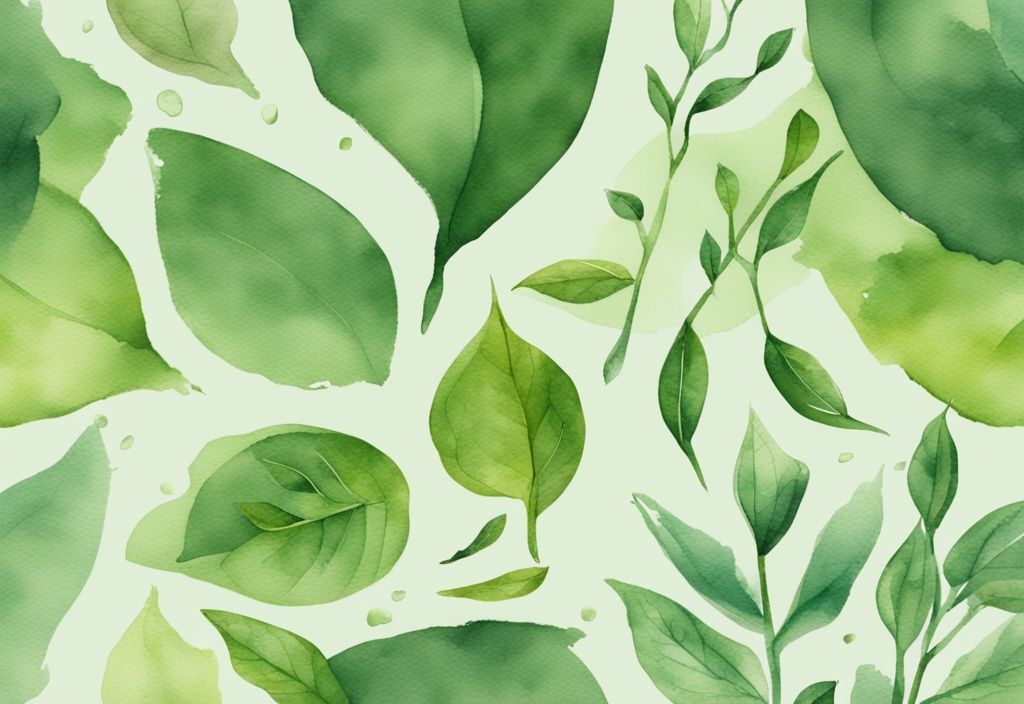
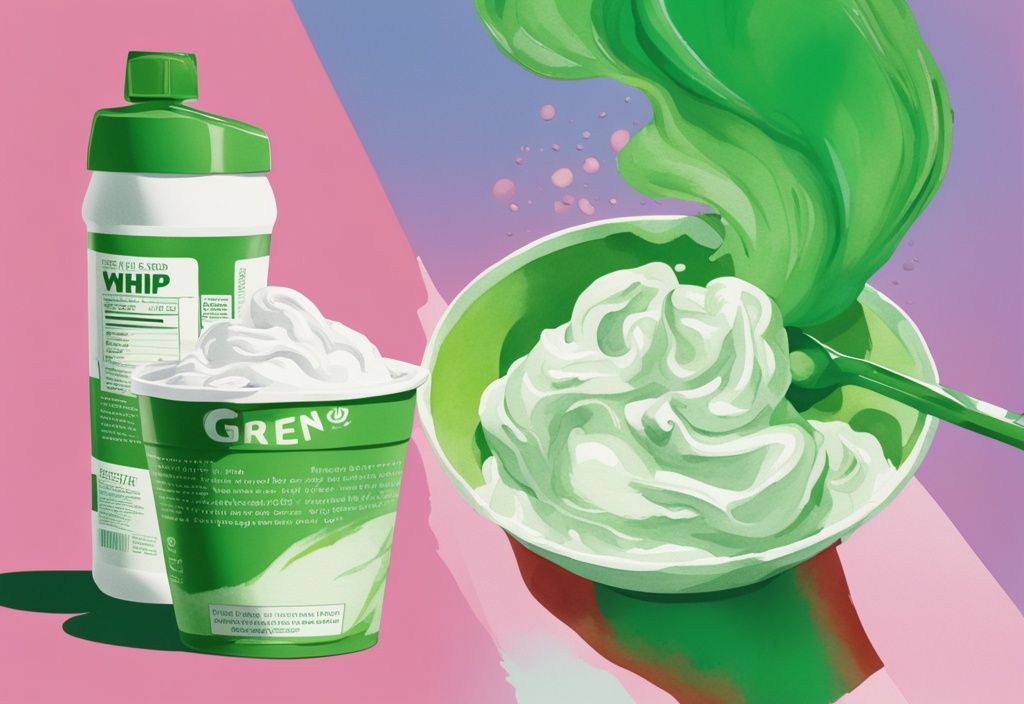
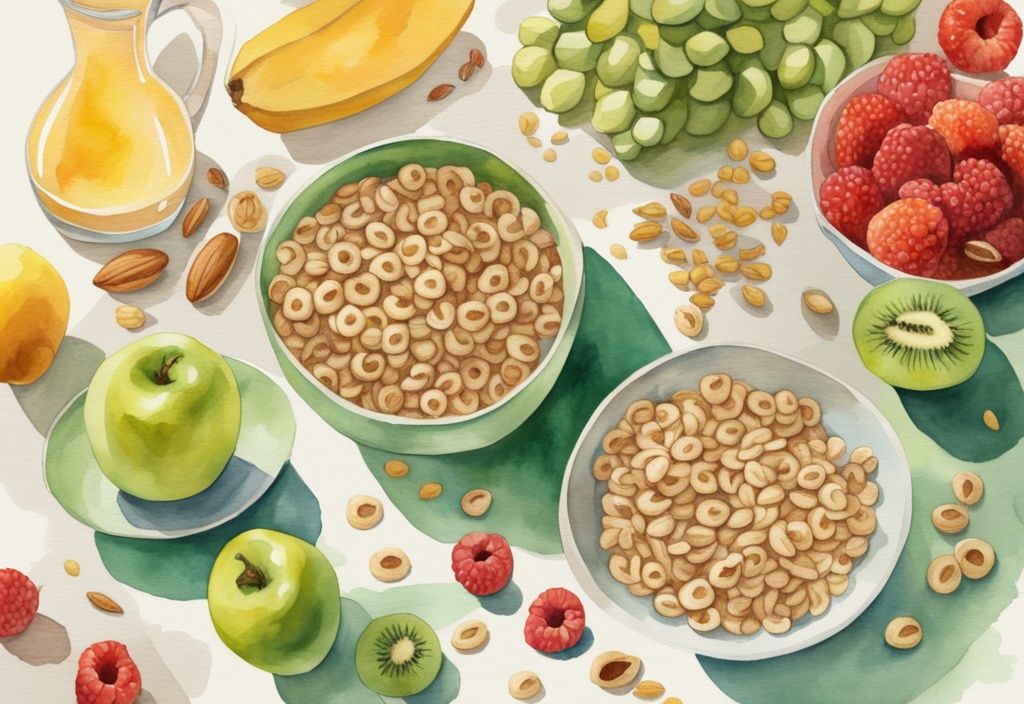








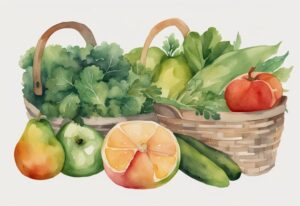

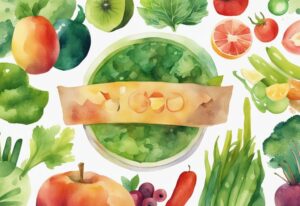
Post Comment